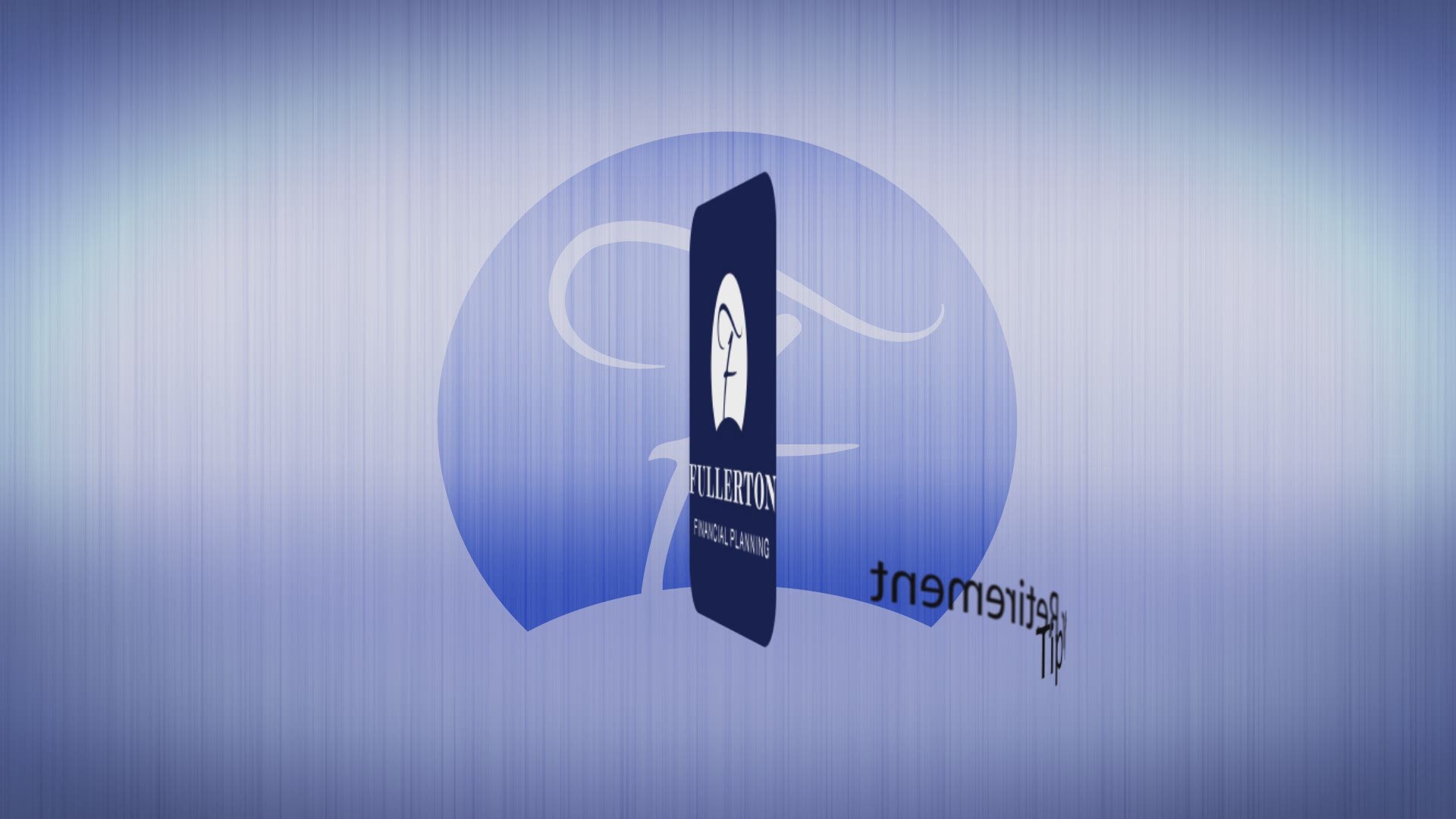This content is presented by HonorHealth.
While overall cancer rates are on the decline around the world, there will be an estimated 1.7 million new cases of cancer diagnosed in the U.S. in 2017. In Arizona, that number is expected to approach nearly 36,000.
Patients who’ve received a recent cancer diagnosis are at the beginning of processing a range of emotions, planning treatment and determining what kind of support they need from their medical team and loved ones, said Dr. Justin Goldfarb, an HonorHealth oncologist.
“Two of the most difficult times for patients are when they are waiting for a biopsy or lab result and when they first learn of a cancer diagnosis,” he said. “Once the initial shock has worn off, they can then start to be proactive in their care.”
Goldfarb’s advice for patients: Focus on what you can control, be aware of your own limits and break down seemingly complicated tasks into smaller steps.
Here’s what else the HonorHealth oncologist tells cancer patients who are at the start of their journey:
Don’t procrastinate when it comes to establishing your cancer care team and don’t do it alone.
“Patients need to rely on their oncologist, if established, or other physicians they already have developed rapport,” he said. “Additionally, a personal recommendation from friends or relatives that have a relationship with an oncologist they trust and respect would be extremely helpful.”
Think about what “individualized care” means for you.
“We want to treat the patient and not just the disease,” Goldfarb said. “There are a lot more tools at our disposal in 2017 than ever before. However, we need to take into account real-life factors like how far a patient has to travel to the office, other preexisting medical conditions and of course a patient’s personal goals of therapy.”
Make sure you’re getting the right kind of emotional support.
“Too often I see family and friends giving advice when a patient often just needs someone to talk to who will listen to their concerns,” he said. “Support groups offer another unique aspect as it incorporates other people who have gone through a similar diagnosis, treatment, and experienced comparable side effects.”
Goldfarb sometimes recommends social workers who can provide additional emotional support in a home environment for the patient and immediate family.
Find more cancer support resources at HonorHealth, the Arizona Center for Cancer Care, the Leukemia and Lymphoma Society and the American Cancer Society.
Be proactive in your care.
“That means they need to have some basic understanding of their disease and the treatments they are receiving,” he said. “It is vital that they receive information from reputable sources. It is also imperative for patients to voice their concerns in a respectable way to their medical team whenever they arise.”
Prepare yourself for a journey – not a race.
“Patients are living longer with a cancer diagnosis now than any other time in history,” Goldfarb said. “New breakthroughs are happening at an unprecedented level.”
In some situations, the goal of therapy is cure. In others, the goal is to turn cancer into a chronic disease like diabetes or high blood pressure.
And, while treatment may be a long process and will certainly reshape one’s life, “it is not all doom and gloom and plenty of our patients lead an otherwise normal lifestyle,” he said.
Explore cancer treatment resources available from HonorHealth.


